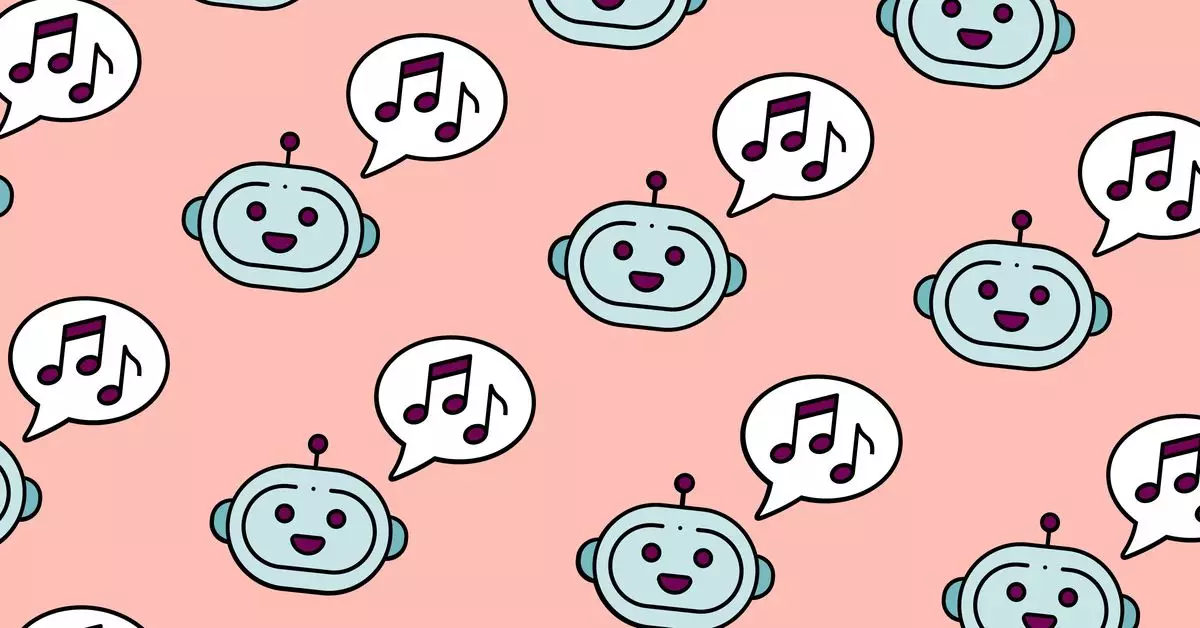The recent lawsuits raised by the Recording Industry Association of America (RIAA) against AI music startups Suno and Udio have sparked a debate on copyright infringement within the music industry. The RIAA, representing major record labels such as Universal Music Group (UMG), Sony Music Entertainment, and Warner Records, accused Suno and Udio of committing “copyright infringement involving unlicensed copying of sound recordings on a massive scale.” The potential damages of up to $150,000 per infringed work have put both companies in a precarious legal position.
In response to the allegations, both Suno and Udio defended their actions by citing the fair-use doctrine. They admitted to training their AI music-generating models on copyrighted materials, arguing that such practices are permissible under copyright law. According to the companies, using existing sound recordings as data to analyze and identify patterns in musical styles is essential for enabling users to create new artistic expressions. They claim that their tools are designed to encourage innovation and creativity, rather than replicate existing works.
Suno and Udio have emphasized the importance of competition and innovation in the music industry. They assert that their AI music generation tools, which allow users to produce songs based on written descriptions, are intended to provide a platform for creating new artistic content. Both companies have criticized the record labels’ attempts to stifle competition, highlighting the need for copyright laws to support and promote innovative practices.
In their legal filings and blog posts, Suno and Udio sought to debunk misconceptions about their AI music tools. They compared the process of training their models on copyrighted materials to a learning mechanism, where the aim is to understand musical structures and styles for the purpose of creating original compositions. Suno specifically mentioned that other AI providers like OpenAI, Google, and Apple also rely on data sourced from the open internet, which may contain copyrighted materials.
The use of fair-use doctrine in defending against copyright infringement lawsuits is not unique to Suno and Udio. Many other AI companies have also invoked this principle to justify their practices. However, critics, including the RIAA, have argued that obtaining appropriate consent and licensing for using copyrighted works is crucial to avoiding legal disputes. They contend that repackaging artists’ original works without permission undermines the value of their creations.
As the debate over copyright and innovation in AI music continues, the future implications for the industry remain uncertain. The clash between the desire for creativity and the need to protect intellectual property rights highlights the complex challenges facing AI technology. Whether through legal battles or regulatory frameworks, finding a balance between fostering innovation and respecting original works will be essential for the evolution of the music industry.


Leave a Reply